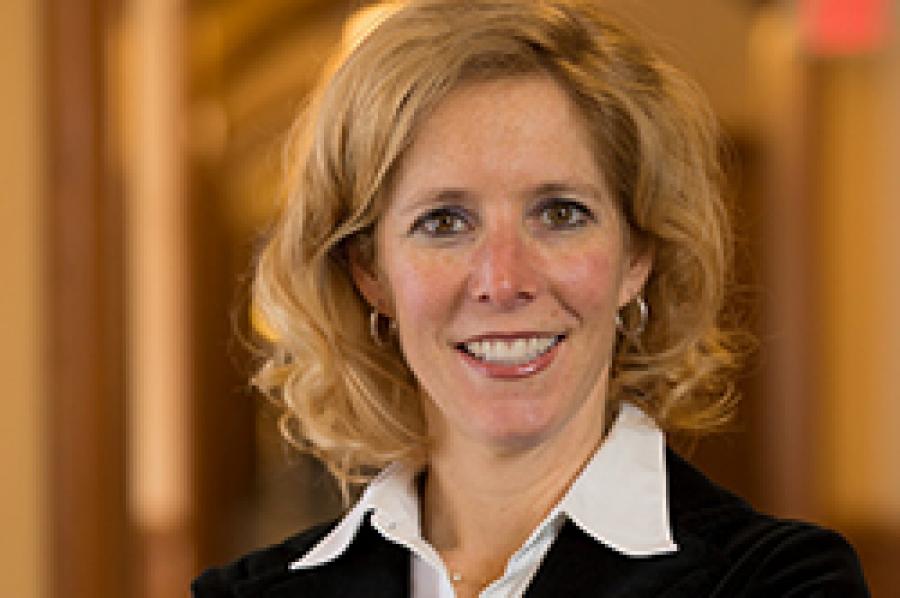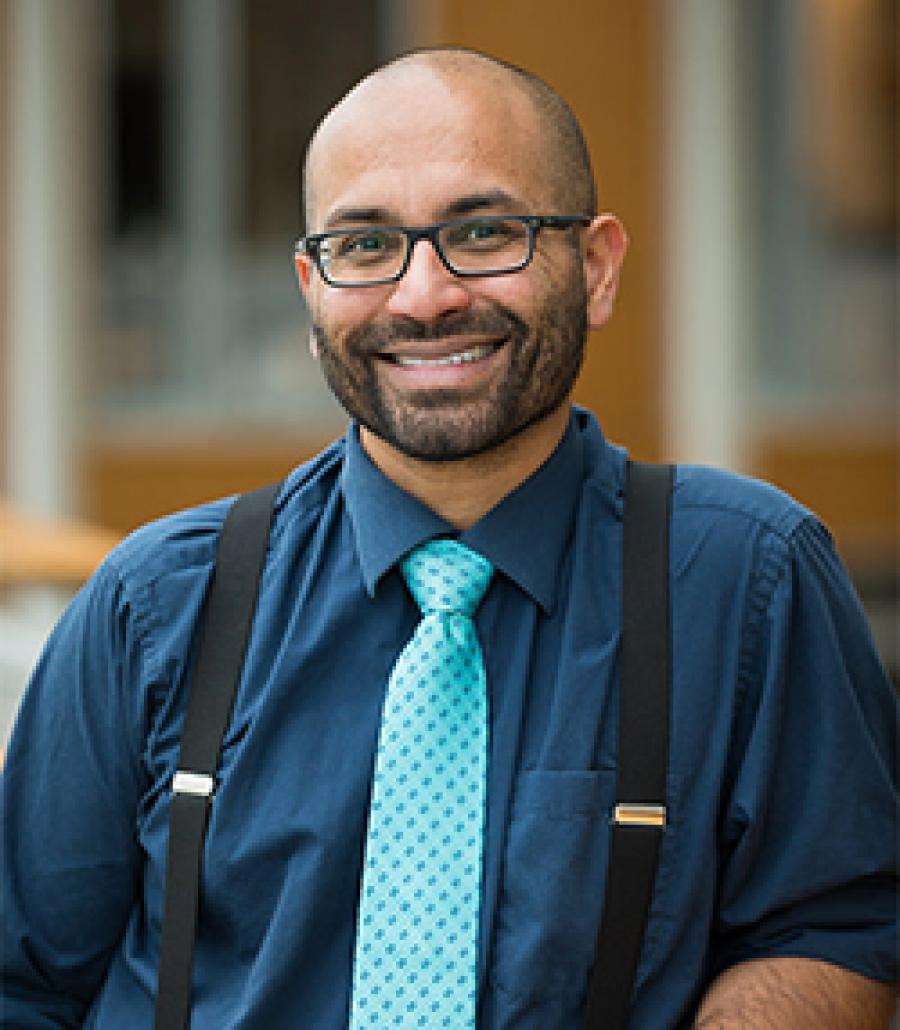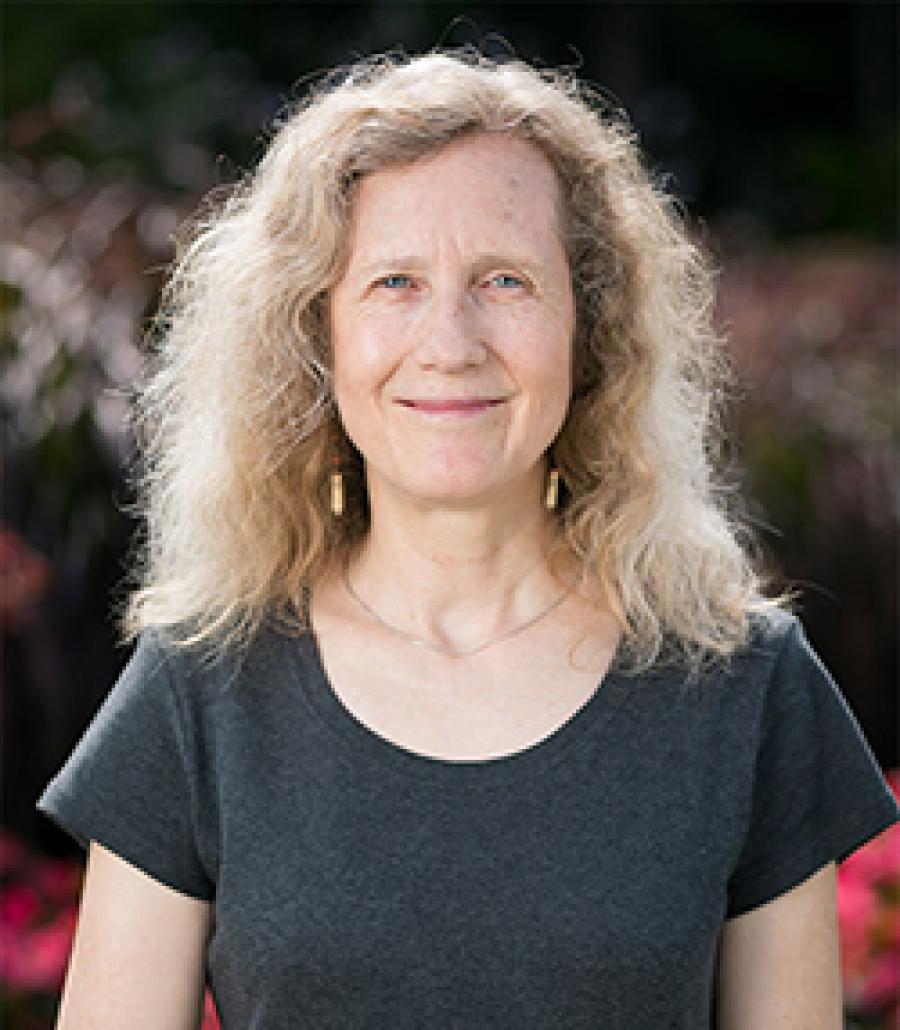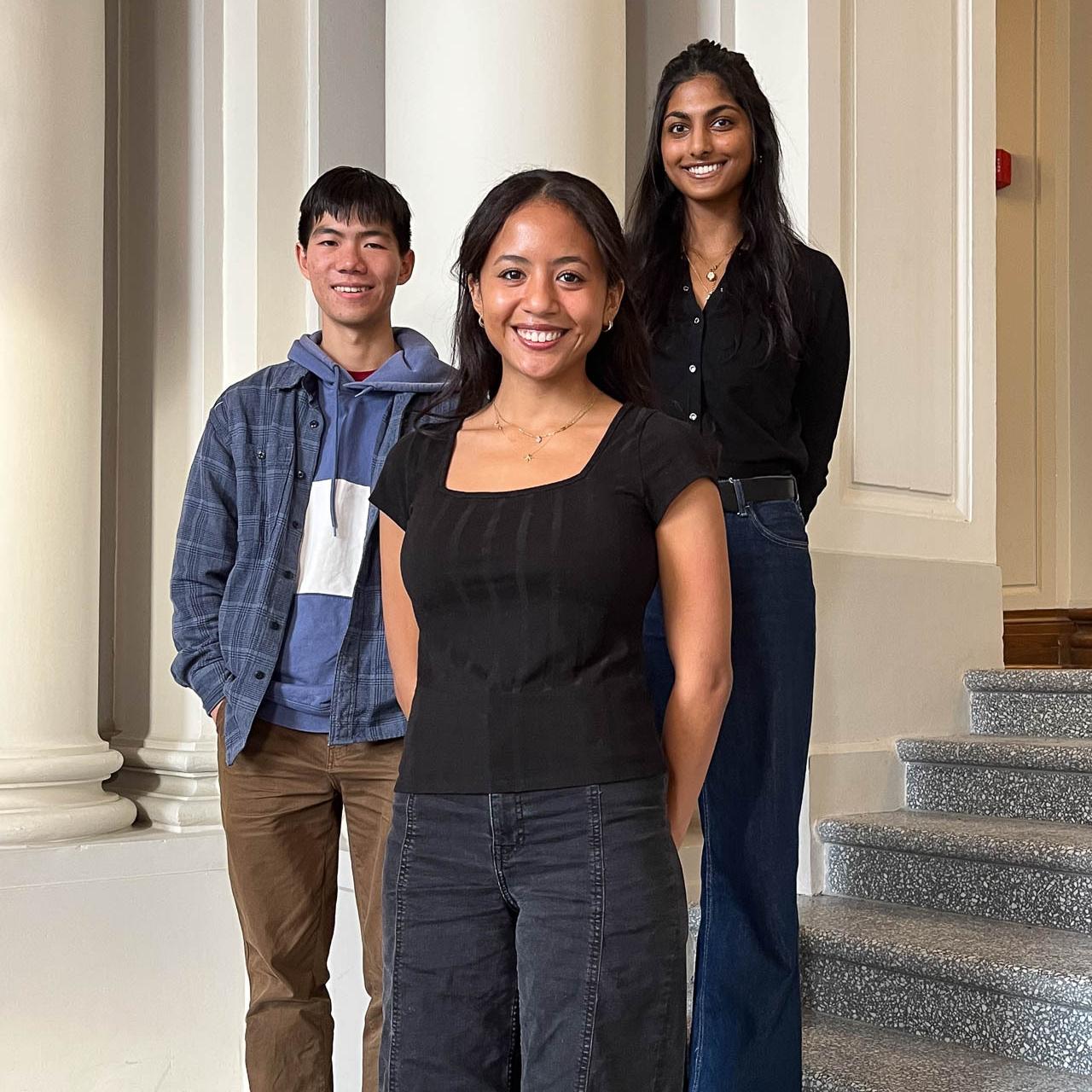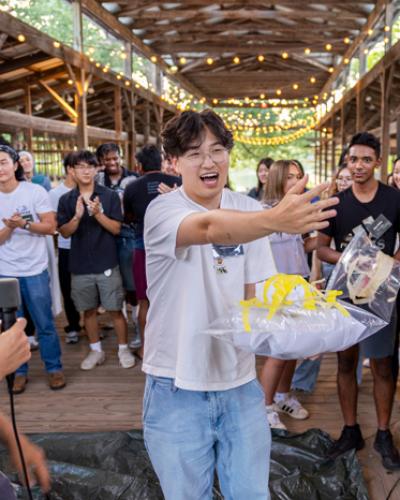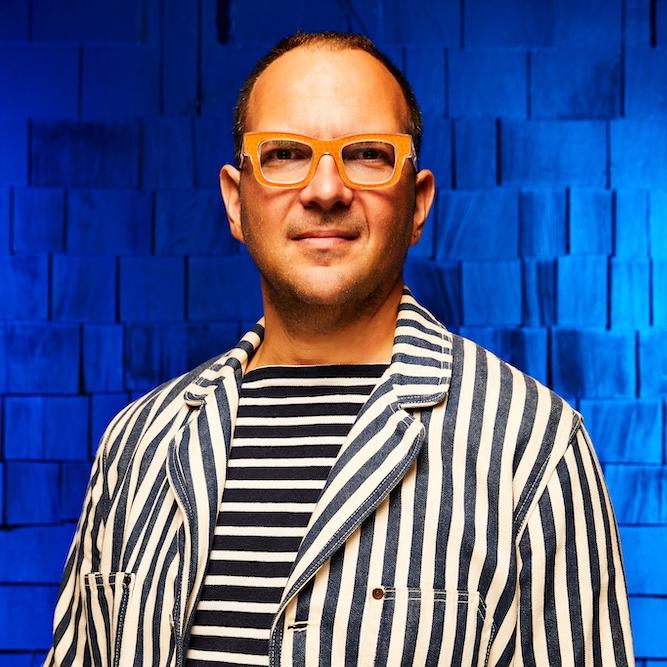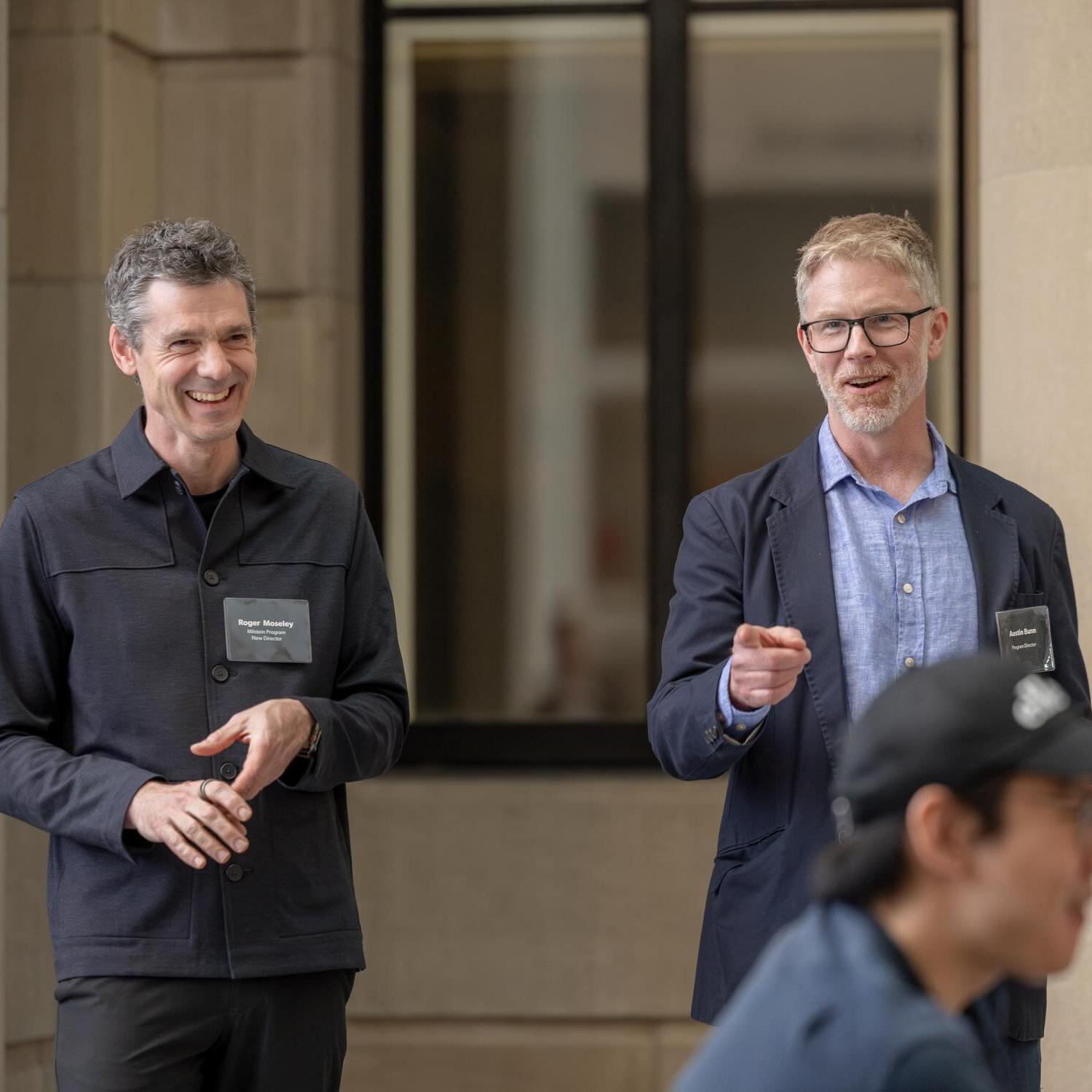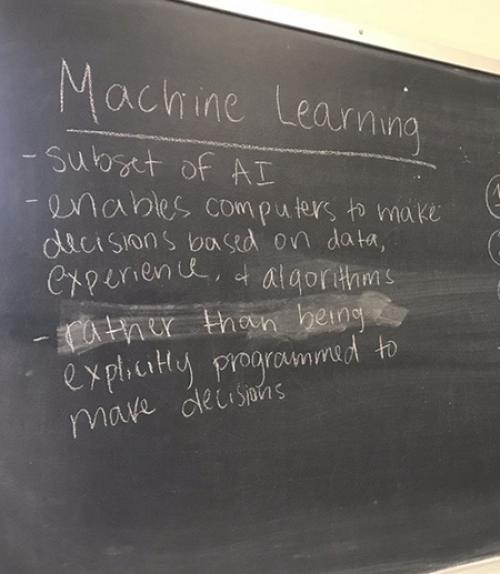It’s one of Sarah Kreps’ typical summer projects – reading, researching and revising her syllabi to reflect new discoveries, ideas or news to make her classes come alive for students.
But this summer, more than ever before, Kreps and other professors throughout the College of Arts & Sciences say they are reworking class plans to include exploration of the impacts of the pandemic and campaigns for racial justice, and how these present-day events relate to similar events in history.
“I always keep my syllabus as a living document on Google Drive because international politics is changing by the day,” said Kreps, the John L. Wetherill Professor of Government.
In the spring, as the pandemic moved classes online, Kreps reworked her Politics of Technology course, bringing in guest speakers who talked about digital contact tracing tools and privacy concerns related to technology and the pandemic and asking students to reflect on those talks.
“As I was reading their responses, I felt like the assignment gave them an outlet to express what they were going through with this pandemic in a creative and constructive way,” she said.
One of her fall classes, World Politics, will include discussions about the World Health Organization, international vaccine efforts, countries’ varied approaches to travel restrictions and the role of NATO.
“I want students to come out of my class understanding the contemporary international climate,” Kreps said.
Suman Seth, in the Department of Science and Technology Studies (STS), said his classes strike a balance between history and current events.
“Learning history has a value in its own right. On the other hand, it can make the past very alive to students to have them see parallels in the present,” said Seth, the Marie Underhill Noll Professor of the History of Science. Seth is always surveying current literature and follows historians of medicine on Twitter. He said he finds himself even more attuned to research from other scholars during this time.
“In my classes, we learn about groups who have been scapegoated for previous plagues and epidemics, for example,” he said. “So I’m attentive to the kinds of people who are getting blamed for the origin or spread of COVID.”
For Kim Overby, a professor of the practice who teaches a fall class on ethics in health and medicine, also in STS, “current events are really shining a bright light on many of the ethical issues we talk about, giving us a tangible opportunity to reflect on what we value as individuals and as a society, and the trade-off that we make between those values.”
Overby also reviews new research in professional journals, as well as articles in the media and other sources to inform her class lectures and discussions.
Among other topics, her class will discuss bias and systemic racism in the health care setting; clinical ethics issues related to marginalized groups such as people with disabilities or mental health concerns and the role of telemedicine in the time of the pandemic and the digital divide created for people without internet access. While many of her students will pursue health care careers, some want to work in health policy, public health or attend law school.
Rather than end her class on a negative note, Overby brings in guest speakers who are working on some of these challenging issues. “One of my goals is to expand my students’ moral lenses, turning that both inward and outward,” she said “so they can better recognize their own and others’ moral agency and become agents of change themselves.”

